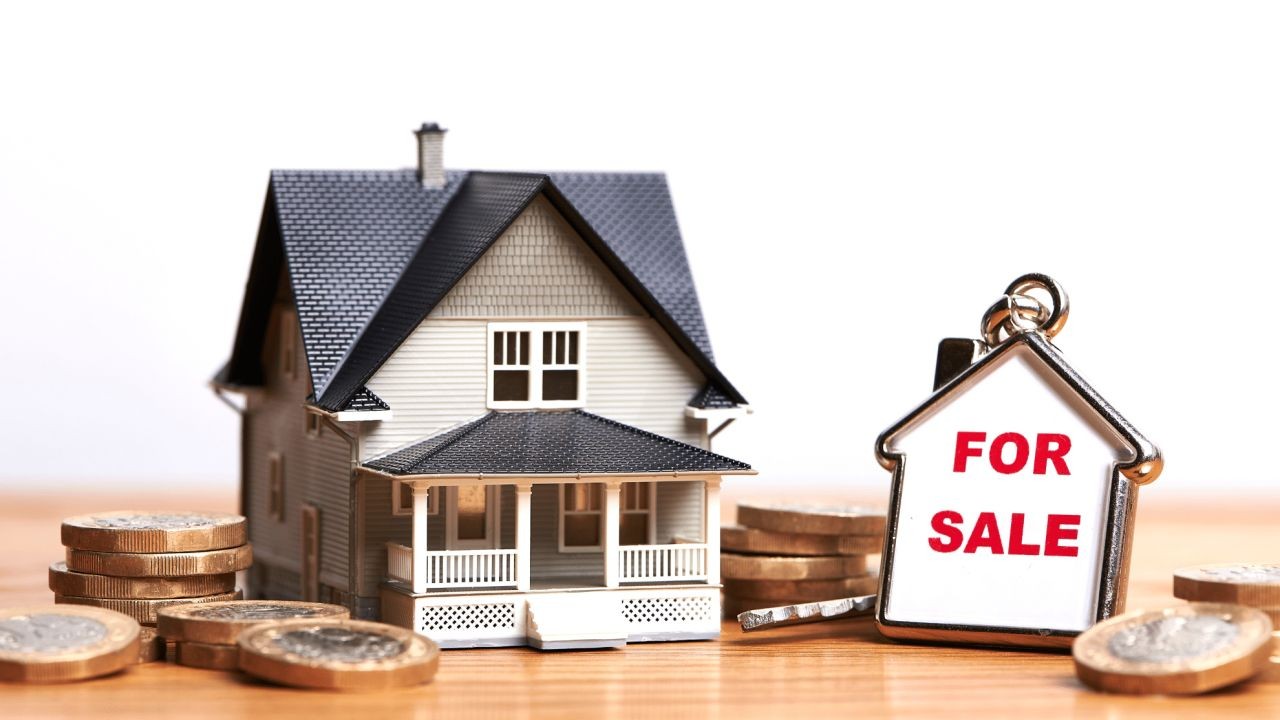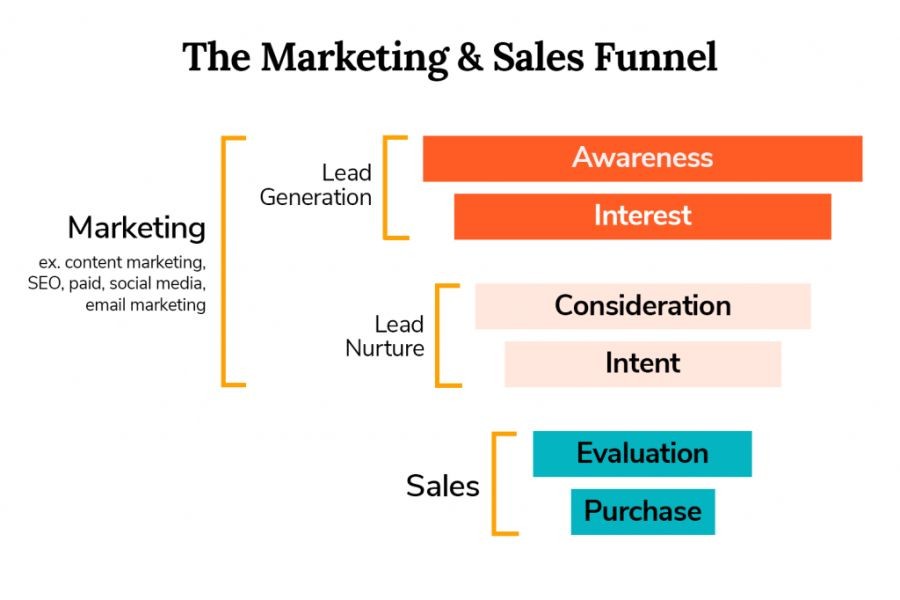In New Zealand's dynamic real estate landscape, property owners and investors often face a pivotal decision: refurbish or remodel? While both options aim to enhance property value, understanding their differences is crucial for making informed choices that align with market trends and economic conditions.
Understanding Refurbishing vs. Remodeling
Refurbishing typically involves updating and refreshing a property’s existing structure without making major changes to its layout. This could include repainting, replacing fixtures, or installing new flooring. On the other hand, remodeling involves altering the structure or form of a building, such as adding extensions or reconfiguring spaces.
In New Zealand, where housing demand and urban development are rapidly evolving, the choice between refurbishing and remodeling can significantly impact property value and investment returns. According to the Ministry of Business, Innovation and Employment (MBIE), the construction and property sectors are vital contributors to the national economy, underscoring the importance of strategic property improvements.
Data-Driven Insights: New Zealand's Property Market
In recent years, New Zealand has experienced a robust growth in property prices, driven by both local and international demand. Stats NZ reported a 27% rise in residential property prices from 2021 to 2023, raising concerns about affordability and prompting property owners to seek ways to maximize their investments.
Refurbishing and remodeling play crucial roles in this context. For instance, a mid-level refurbishment can yield an average return on investment (ROI) of 15%, while a comprehensive remodel could offer up to a 25% ROI, depending on location and market conditions. The Reserve Bank of New Zealand highlights the importance of aligning property improvements with market demands to enhance asset value.
Pros and Cons: Refurbishing vs. Remodeling
Refurbishing Pros
- Cost-Effective: Generally requires lower investment compared to remodeling, making it accessible for more property owners.
- Quick Turnaround: Projects usually take less time, minimizing disruption to daily life.
- Maintenance and Preservation: Helps preserve the property's existing character and charm.
Refurbishing Cons
- Limited Impact: May not significantly increase property value compared to more extensive renovations.
- Short-Term Solution: Often addresses cosmetic issues rather than underlying structural problems.
Remodeling Pros
- Increased Value: Comprehensive changes can significantly boost property value and market appeal.
- Customization: Allows for tailored designs that fit modern lifestyles and preferences.
- Long-Term Benefits: Addresses structural issues and improves energy efficiency, reducing future maintenance costs.
Remodeling Cons
- Higher Costs: Requires substantial financial investment and careful budgeting.
- Extended Timelines: Projects can take months, causing prolonged disruption.
- Regulatory Hurdles: May involve complex permitting processes, especially in heritage zones.
Case Study: A Wellington Success Story
Case Study: The Wellington Bungalow – Transforming Tradition
Problem: A century-old bungalow in Wellington struggled with outdated features and energy inefficiency, limiting its market appeal.
Action: The owners opted for a comprehensive remodel, including an open-plan living space, sustainable materials, and solar panels. This approach not only modernized the home but also improved energy efficiency.
Result: Post-renovation, the property value increased by 30%, and energy costs were reduced by 40%. The project won accolades in local real estate circles, showcasing the potential of strategic remodeling.
Takeaway: This case underscores the importance of aligning renovation efforts with modern sustainability trends to enhance property value and appeal.
Balancing Risk and Reward in New Zealand's Market
New Zealand's property market is influenced by various factors, including economic policies, population growth, and urbanization. The government's ongoing commitment to sustainable development, reflected in initiatives like KiwiBuild, emphasizes the need for property improvements that align with long-term environmental goals.
However, potential risks exist. Regulatory changes, such as alterations to building codes, can impact project timelines and costs. Additionally, market volatility poses challenges for investors, necessitating a well-researched approach to property enhancements.
Future Trends: The Next Decade in Kiwi Real Estate
Looking ahead, New Zealand's real estate sector is poised for transformative growth. According to a report by NZ Property Investors’ Federation, advancements in smart home technology and sustainable building practices will drive future remodeling trends. By 2030, it's predicted that 50% of homes in urban centers will incorporate smart tech solutions, enhancing both functionality and value.
Moreover, the integration of AI-driven design tools is set to revolutionize the remodeling industry, offering personalized, efficient solutions for property owners. As these technologies become more accessible, they will likely redefine the standards of home improvement across the country.
Common Myths and Misconceptions
Myth: "Remodeling always provides better returns than refurbishing."
Reality: While remodeling can significantly increase property value, it doesn't always guarantee higher returns. Market conditions and buyer preferences play crucial roles in determining ROI.
Myth: "DIY projects save money."
Reality: DIY renovations can lead to cost overruns and quality issues if not managed correctly. Professional oversight often ensures better outcomes and can be more cost-effective in the long run.
Myth: "New Zealand's property market is immune to global trends."
Reality: Global economic shifts, such as interest rate changes and trade dynamics, can impact the local market, influencing property values and investment strategies.
Conclusion: Making Informed Decisions in Property Improvement
In New Zealand's competitive real estate market, understanding the nuances between refurbishing and remodeling is essential for maximizing property value. By aligning renovation strategies with market trends and sustainability goals, property owners can enhance their investments effectively.
Whether opting for a quick refurbishment or a comprehensive remodel, the key lies in informed decision-making supported by data and expert insights. As the market evolves, staying abreast of trends and leveraging innovative solutions will be crucial for achieving long-term success.
Final Takeaways
- Fact: Property prices in New Zealand have surged, highlighting the importance of strategic renovations.
- Strategy: Consider remodeling for long-term value enhancement and sustainability.
- Mistake to Avoid: Underestimating the impact of market trends and buyer preferences on renovation ROI.
- Pro Tip: Utilize smart home technologies and sustainable practices to future-proof investments.
What’s your next move in New Zealand's real estate market? Share your insights or start a discussion below!
Related Search Queries
- Best remodeling practices in New Zealand
- Refurbishing vs. remodeling cost comparison
- New Zealand property market trends
- Sustainable home renovation ideas NZ
- Impact of smart technology on home value
































marieqhy70218
2 months ago